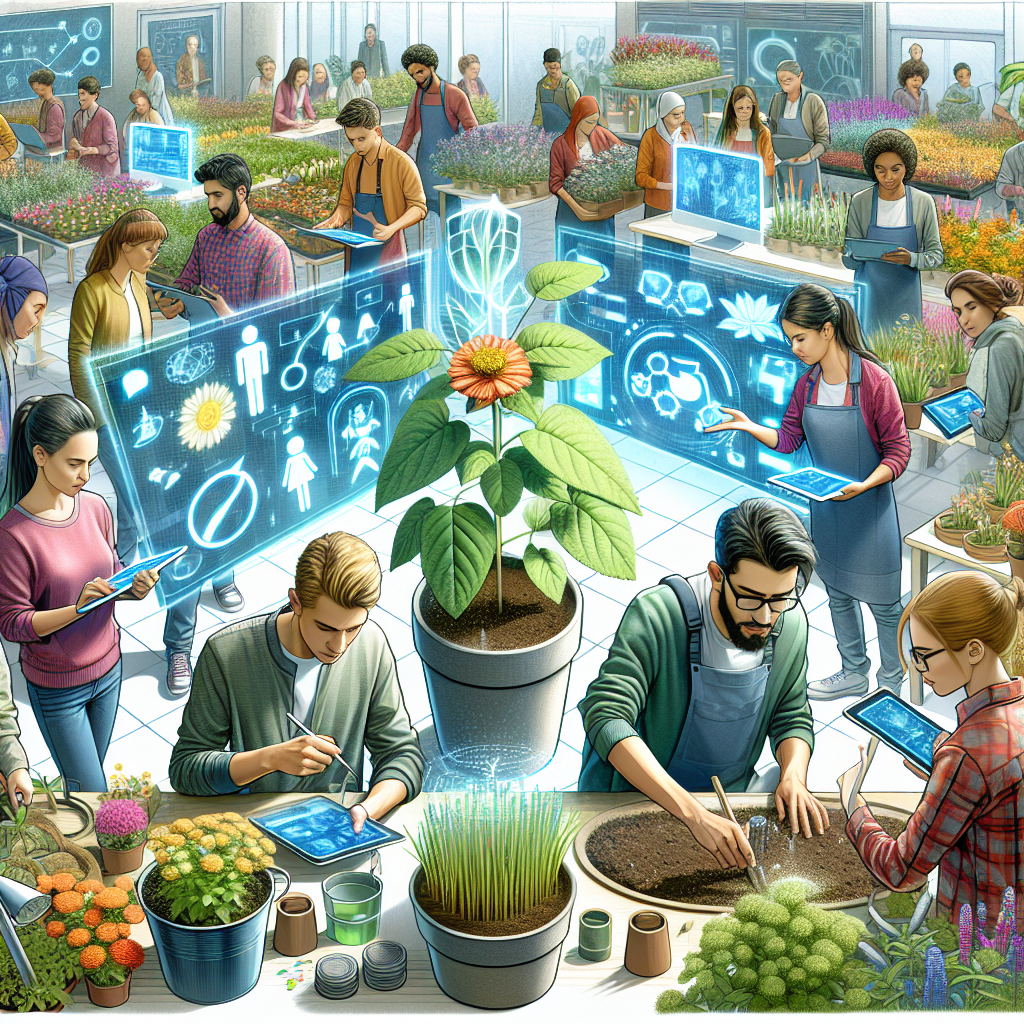Growing Minds: A Comprehensive Look at School Gardening Curriculum
August 28, 2024 at 6:52:43 AM
Explore the significance of school gardening curriculum in promoting experiential learning, connecting students to nature, and enhancing academic success. Learn from experts about designing, implementing, and sustaining effective gardening programs for young minds.
Introduction
School gardening curriculum plays a crucial role in providing students with hands-on learning experiences, fostering a deeper connection to nature, and promoting holistic development. Richard Louv, author of 'Last Child in the Woods,' emphasizes this connection, stating, 'Children need nature for the healthy development of their senses, and therefore, for learning and creativity.'
Understanding School Gardening Curriculum
To truly grasp the impact of school gardening curriculum, we must define its components, including garden planning, planting, maintenance, and harvest. Dr. Dilafruz Williams, Professor Emerita at Portland State University, highlights the interdisciplinary learning opportunities school gardens offer, connecting classroom lessons with real-world applications.
Designing a School Gardening Curriculum
Designing a successful school gardening curriculum involves incorporating age-appropriate activities and aligning with academic standards. A notable example is the Green Bronx Machine in New York City, led by Stephen Ritz, integrating a thriving gardening program into the school's STEM education.
Implementing and Evaluating Curriculum Outcomes
Engaging students in garden-based learning requires strategic approaches. Evaluating the impact on academic performance and overall well-being is essential. Dr. Kuo from the University of Illinois Urbana-Champaign notes the cognitive benefits of nature exposure in children, where just 20 minutes in a park setting significantly boosts attention and working memory.
Sustaining School Gardening Programs
Challenges such as funding, maintenance, and community involvement must be addressed to sustain school gardening programs. Successful community partnerships, exemplified by organizations like FoodCorps and local botanical gardens, play a vital role in supporting these initiatives.
Future Trends in School Gardening Curriculum
The future of school gardening curriculum is marked by emerging trends such as urban gardening, vertical farming, and technology integration. Dr. Williams emphasizes the importance of innovation and adaptation to meet the evolving needs of students and schools.
Conclusion
In conclusion, school gardening curriculum is instrumental in providing students with practical learning experiences, fostering a strong bond with nature, and enhancing academic success. Educators and stakeholders are encouraged to explore and invest in school gardening programs to cultivate environmentally conscious and academically adept individuals for the future.
Call to Action
Embrace the transformative power of school gardening curriculum in shaping young minds and fostering a sustainable future for generations to come.
Topics




